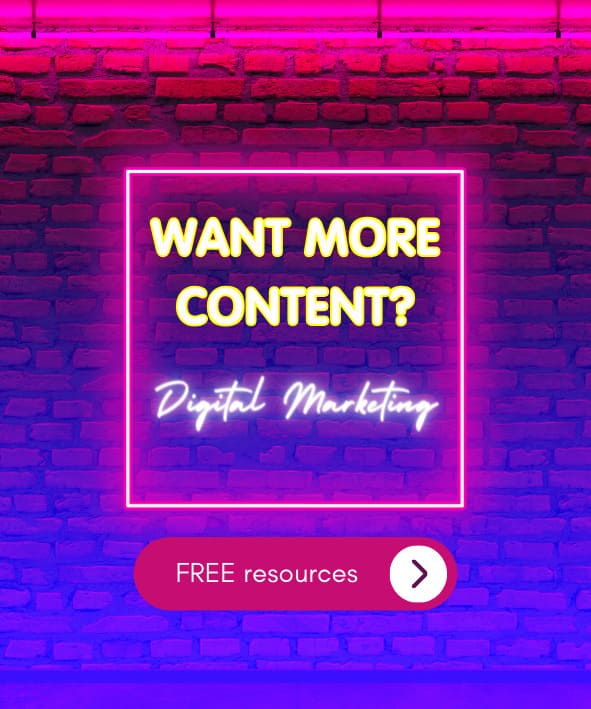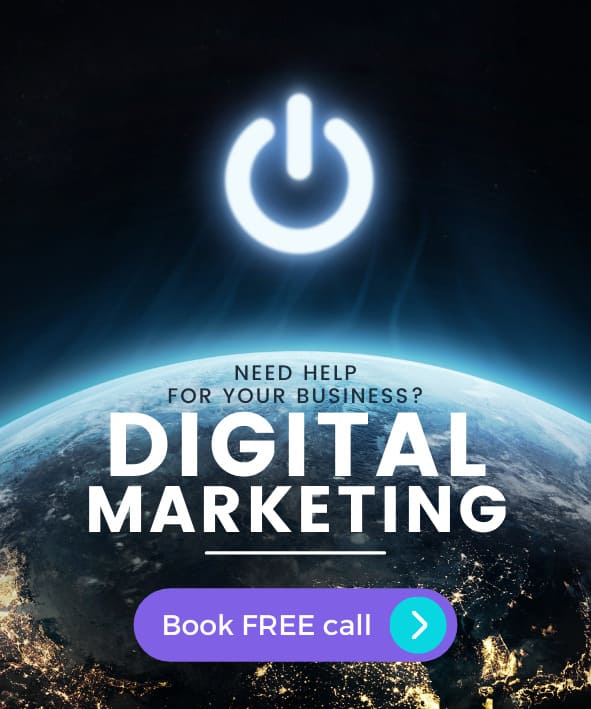Creating a high-performing landing page is essential
for capturing leads, driving conversions, and achieving your marketing goals.
Here are seven easy exercises to help boost your landing page health and ensure
it performs at its best:
1. Simplify Your Design
Why It’s Important:
- Clarity: A clean, simple design helps
visitors focus on the main message and call-to-action (CTA).
- User Experience: Reduces distractions and
improves the overall user experience.
How to
Implement:
- Minimalist Approach: Use plenty of white
space, a clear layout, and limit the use of colors and fonts.
- Highlight Key Elements: Make sure the headline,
main content, and CTA stand out.
Example: “A
landing page with a single, eye-catching image, a bold headline, and a clear,
central CTA button.”
2. Craft Compelling Headlines
Why It’s Important:
- First Impression: The headline is the first
thing visitors see and can determine whether they stay or leave.
- Engagement: A compelling headline grabs
attention and encourages visitors to read more.
How to
Implement:
- Be Clear and Direct: Clearly state the main
benefit or offer.
- Use Power Words: Incorporate words that evoke
emotion and curiosity.
Example:
“Unlock Your Potential: Join Our Free Webinar Today!”
3. Optimize for Mobile
Why It’s Important:
- Accessibility: A significant portion of users
access websites on mobile devices.
- User Experience: Ensures a seamless experience
for all visitors, regardless of device.
How to
Implement:
- Responsive Design: Ensure your landing page is
mobile-friendly and looks good on all screen sizes.
- Test on Devices: Regularly test your page on
different mobile devices to ensure usability.
Example: “A
landing page that adapts to different screen sizes, with buttons and text that
are easy to tap and read on a mobile device.”
4. Improve Page Load Speed
Why It’s Important:
- User Retention: Slow loading times can lead to
high bounce rates.
- SEO Benefits: Faster pages rank better in
search engines.
How to
Implement:
- Optimize Images: Compress images to reduce load
times.
- Use Fast Hosting: Choose a reliable hosting
provider.
- Minimize Code: Reduce the use of unnecessary
scripts and plugins.
Example: “A
landing page that loads in under 3 seconds, ensuring users don’t abandon it due
to slow performance.”
5. Create Clear and Compelling CTAs
Why It’s Important:
- Guides Action: CTAs tell visitors what to do
next and drive conversions.
- Increases Engagement: Clear CTAs make it easy
for visitors to take the desired action.
How to
Implement:
- Action-Oriented Language: Use
strong, actionable language in your CTAs.
- Visibility: Place CTAs prominently and
ensure they stand out visually.
Example: “A
prominent CTA button with text like ‘Sign Up Now’ or ‘Get Your Free Trial’
placed above the fold.”
6. Utilize Social Proof
Why It’s Important:
- Builds Trust: Social proof such as
testimonials, reviews, and case studies can increase credibility.
- Encourages Action: Seeing others’ positive
experiences can motivate visitors to take action.
How to
Implement:
- Display Testimonials: Show quotes from
satisfied customers.
- Use Logos: Include logos of well-known
clients or partners.
- Share Case Studies: Highlight success
stories with detailed results.
Example: “A
section featuring testimonials from happy customers and logos of reputable
companies that use your product.”
7. A/B Test Regularly
Why It’s Important:
- Optimization: A/B testing helps identify
what works best to improve conversion rates.
- Data-Driven Decisions: Makes improvements
based on data rather than guesswork.
How to
Implement:
- Test One Element at a Time: Focus
on one element per test, such as the headline, CTA, or images.
- Analyze Results: Use the data to make informed
decisions and continually optimize your page.
Example:
“Running A/B tests on different headline variations to see which one
drives more conversions.”
Conclusion
By implementing these seven easy exercises, you can
significantly boost the health and performance of your landing page. Simplify
your design, craft compelling headlines, optimize for mobile, improve page load
speed, create clear CTAs, utilize social proof, and regularly conduct A/B
testing. These strategies will help you create a high-converting landing page
that effectively engages your audience and achieves your marketing goals.












